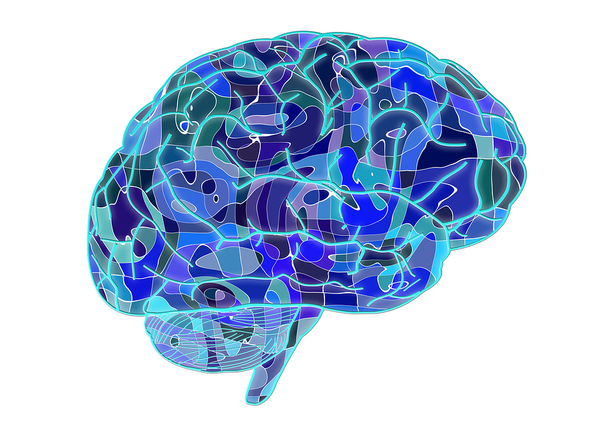This article was published in Scientific American’s former blog network and reflects the views of the author, not necessarily those of Scientific American
Lists of the biggest challenges in brain science often start—or end—with consciousness. "End" because consciousness is considered so overwhelming a hack that it merits coming last on the list—the ultimate challenge.
Consciousness probably deserves its first-or-last place of preference. But there is another entry that should be on the list that is frequently left out. Notwithstanding the legions of ebullient, young graduate students entering the field, neuroscience faces the immediate difficulty of finding treatments that can make a fundamental difference in neurodegenerative and psychiatric disorders that all too often beset the subcranial three-pound wonder.
On supporting science journalism
If you're enjoying this article, consider supporting our award-winning journalism by subscribing. By purchasing a subscription you are helping to ensure the future of impactful stories about the discoveries and ideas shaping our world today.
Diseases of the brain have yet to experience the kind of recent advances that are now altering prognoses for hepatitis C or melanoma and some other cancers. The dearth of new solutions for Alzheimer's, Parkinson's, ALS and other neurodegenerative disorders that affect an estimated 50 million globally was one of the reasons that the founding of a new company called Yumanity Therapeutics has drawn some notice.
Tony Coles, who headed cancer-drug maker Onyx Pharmaceuticals when it was sold for about $10 billion to Amgen last year, wants to tap an emerging research theme that focuses on proteins getting bent out of shape as a critical step in the process of killing brain cells. Misfolded proteins cause a cascading reaction reminiscent of what occurs in prion diseases like Mad Cow, with one protein causing a neighbor to contort. As the process continues, the result ends up as a mess of proteinaceous gunk
Scientific American had an article on this topic last year by Lary Walker of Emory and Matthias Jucker of the Hertie Institute for Clinical Brain Research in Tübingen, Germany. Its introductory blurb trumpeted: “A chain reaction of toxic proteins may help explain Azheimer's, Parkinson's and other killers—an insight that could lead to desperately needed new treatment options.”
Coles wants to couple the cross-cutting insight about misfolded proteins with a research platform developed by Susan Lindquist of the Whitehead Institute for Biomedical Research. A Yumanity co-founder, Lindquist is a world leader in the nuances of protein folding. The company will use Lindquist's technologies to screen for drug candidates in yeast and then test them in neurons derived from stem cells drawn from individuals harboring genetic mutations that predispose them to these illnesses. Finally, the researchers will go back to the yeast to explore how a promising compound works at the molecular level.
There have been a number of long-shot startups recently. Google has funded Calico to take on aging, a goal that overlaps somewhat with Yumanity’s mission of tackling diseases like Alzheimer's. But Calico's plan is a bit like creating a marketing plan for the space tourism industry using yet-to-be-developed faster-than-light transport vehicles. Yumanity’s bottom-up approach of focusing on the domino effect common to a set of devastating diseases may prove more tractable. For just that reason, the doings of Coles and Lindquist bear watching.
Image Source: Yumanity Therapeutics
